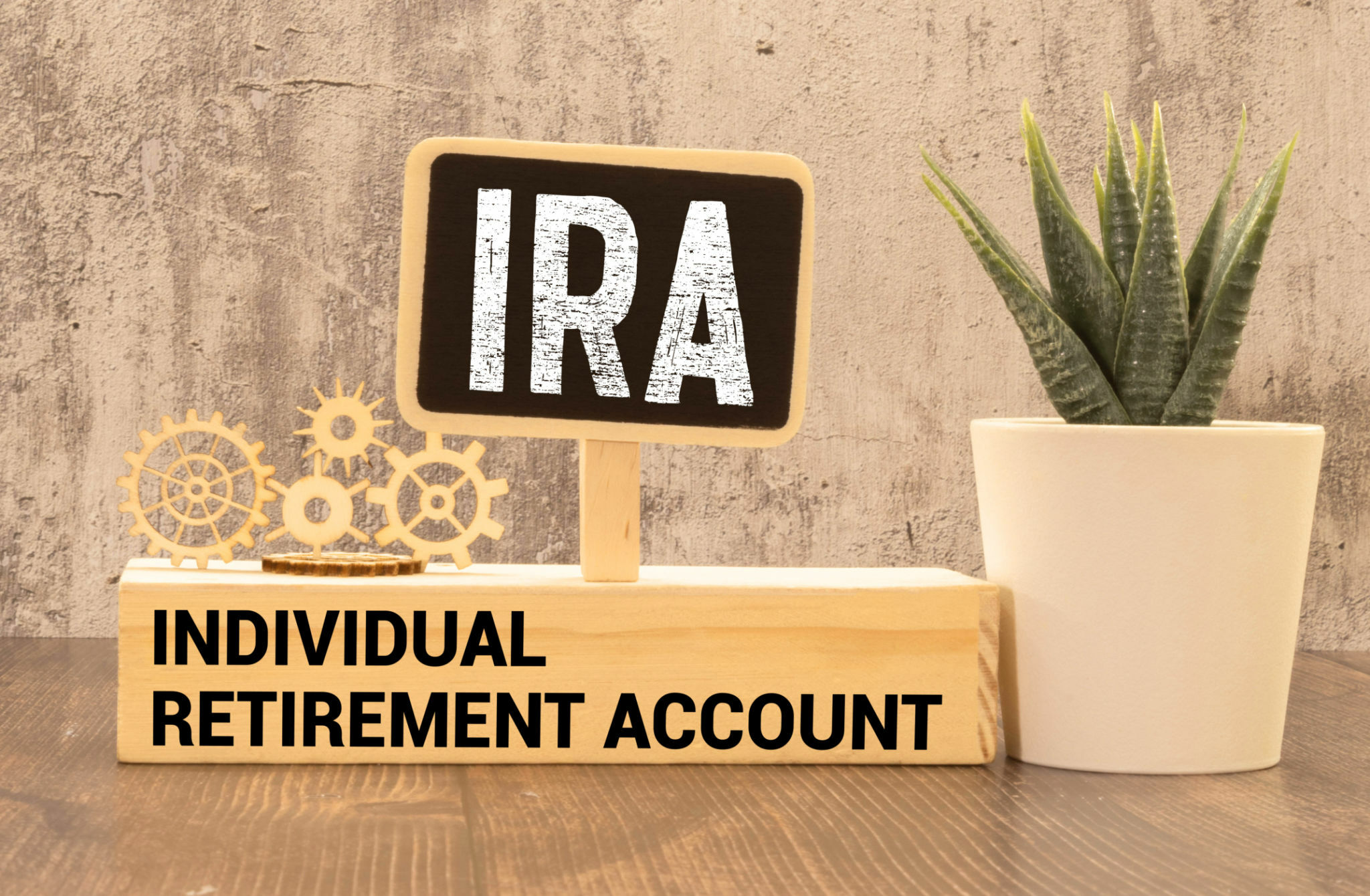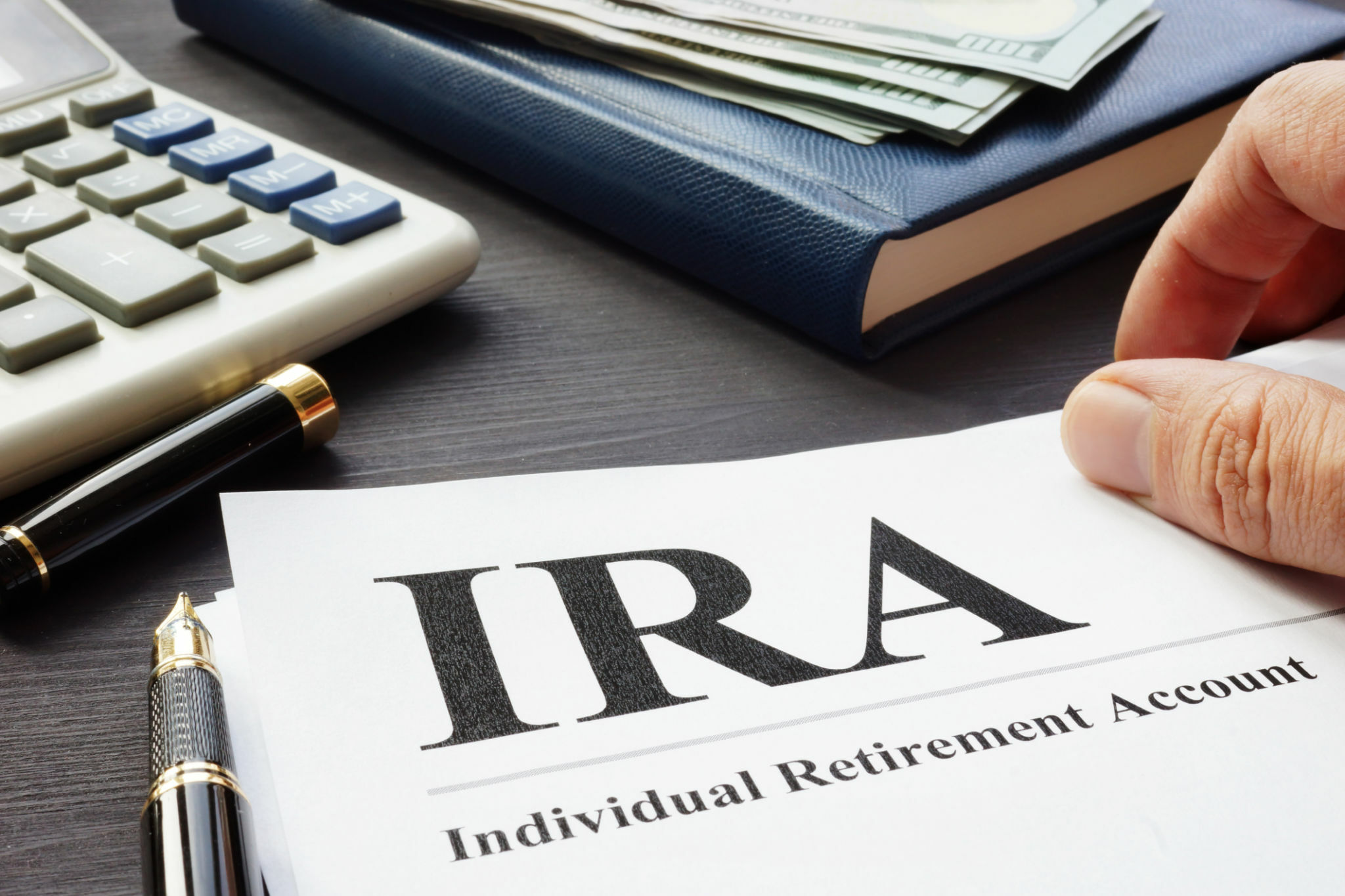
Growing up, when I heard about rich people passing down their fancy stuff to their kids, I thought only super wealthy folks needed to worry about making a will.
Planning for what happens to your things after you’re gone seemed like something far off, especially if you’re still working and collecting stuff. But as I got older, I realized life is unpredictable, and just getting old doesn’t guarantee you a long life. Making a will, even if you’re not super rich, is really important.
Making a will helps make sure your things are shared the way you want, and it also helps your family know what to do when you’re not around. Thinking about not being here anymore can be sad and kinda scary, but we all want to make things easier for our family when we’re gone. It’s never too early to write a will. Here are 20 things to think about when getting ready for the future
- 1. List Your Assets and Liabilities
- 2. Decide on Asset Distribution
- 3. Decide if You Need To Establish Trusts
- 4. Choose an Executor To Carry Out Your Will
- 5. Review and Update Beneficiary Designations on Assets
- 6. Understand Tax Implications and Estate Tax-Saving Strategies]
- 7. Assign Powers of Attorney for Financial Matters
- 8. Establish Living Will and Advance Directives
- 9. Address Jointly-Owned Property in Your Will
- 10. Consider Ways of Protecting Assets From Creditors and Lawsuits
- 11. Disinheriting Heirs on Your Will
- 12. Reflecting Marital Status in Your Will
- 13. Designate Charitable Contributions
- 14. Account for Assets You Gifted During Your Lifetime
- 15. Add Digital Assets and Online Accounts
- 16. Include a No-Contest Clause
- 17. Specify Funeral and Burial Arrangements
- 18. Ensure Legal Formalities
- 19. Personal Statements
- 20. Consult With a Tax Professional or Financial Advisor
1. List Your Assets and Liabilities
Most lawyers who specialize in planning for what happens to your stuff after you’re gone suggest making a will, no matter how old you are. But it’s even smarter to begin keeping a detailed list of what you own and owe early on. This way, when you do decide to create your will, you’ve already got a record of your assets.
Here’s what counts as assets:
- Cash (actual money), money in the bank, and quick-to-sell investments like Treasury bills or money market funds
- Investments like stocks, bonds, mutual funds, exchange-traded funds (EFTs), and other things that make money
- Real estate
- Personal things like jewelry, cars, collectibles, art, and other tangible stuff
- Business interests
- Intellectual property
- Retirement savings like pension plans, 401(k) plans, and Individual Retirement Accounts (IRAs)
- Life insurance
Make sure to also keep good records of things you owe money on, like mortgages, loans, credit card debt, and other responsibilities.
2. Decide on Asset Distribution
Once you’ve made a list of what you own, determine how you want to share it. Clearly state who you want to receive particular items, family treasures, and other belongings.
Distributing assets fairly among beneficiaries helps avoid conflicts and hard feelings among your heirs. Additionally, make sure to include the names of backup beneficiaries in case your main beneficiaries are no longer alive when you pass away.
3. Decide if You Need To Establish Trusts
Trusts serve as a safeguard for a person’s assets and simplify the process of passing on wealth. They create a legal barrier against lawsuits and creditors, offering enhanced protection. Trusts empower individuals with greater control over how assets are distributed, allowing them to define inheritance terms, maintain privacy, and reduce probate expenses.
Choosing this path requires you to designate a trustee. The trustee takes on responsibilities such as settling debts and taxes you may have left, distributing assets to beneficiaries, and managing other ongoing tasks outlined in your will.
4. Choose an Executor To Carry Out Your Will
Make sure you choose a reliable and capable executor or personal representative. This individual will supervise the implementation of your will and manage your estate after your passing. Unlike a trustee, whose duties extend over a prolonged period, an executor’s responsibilities conclude once all sections of your will have been successfully executed.
5. Review and Update Beneficiary Designations on Assets
Various assets necessitate the assignment of beneficiaries, including retirement accounts, life insurance policies, specific annuities, payable-on-death (POD) bank accounts, transfer-on-death (TOD) brokerage accounts, health savings accounts (HSAs), and certain types of annuities.
It is essential to regularly review and update beneficiary designations on these assets. Significant life events such as marriages, divorces, births, or deaths may impact previously designated primary beneficiaries.
6. Understand Tax Implications and Estate Tax-Saving Strategies]
Recipients of the assets you leave behind may bear tax responsibilities. When forming your will, take into account potential tax effects, including estate taxes, gift taxes, and income taxes that could affect your estate.
It’s beneficial to include tax-saving tactics in your estate planning, like leveraging annual gift tax exclusions or setting up family limited partnerships (FLPs). These approaches aid in safeguarding a greater portion of your assets for your heirs. Consulting with a financial advisor can provide valuable guidance on the most suitable strategy for your estate
7. Assign Powers of Attorney for Financial Matters
In the absence of a power of attorney, your family may have to seek court involvement to handle tasks like paying your bills, managing investments, and overseeing other financial matters you left unresolved after your passing. To sidestep the stress, save time, and prevent unnecessary costs, it’s advisable to establish a power of attorney and designate a reliable person to handle financial decisions on your behalf.
8. Establish Living Will and Advance Directives
These documents detail your medical preferences for extended care, including your preferred nursing home, hospice care, pain management treatment, resuscitation or life support choices, organ donation intentions, and other healthcare decisions.
Living wills and advance directives complement your will. It’s essential to designate a healthcare proxy or a trusted individual who can make medical decisions on your behalf and ensure your end-of-life wishes are followed.
9. Address Jointly-Owned Property in Your Will
If you share ownership of an asset, it is crucial to include a specific section in your will that outlines these properties, businesses, or other assets. Even if your beneficiary is already aware of the jointly-owned assets, explicitly addressing them in your will promotes clarity and helps prevent potential conflicts among co-owners. Utilize this section to provide guidance to your executor or beneficiaries on how to manage these assets and streamline the probate process.
10. Consider Ways of Protecting Assets From Creditors and Lawsuits
Creditors might try to collect debts from the estate of a deceased individual. When creating your will, take into account the potential financial challenges posed by outstanding debts. To mitigate the risk of disputes, consider implementing measures such as establishing asset protection trusts, titling assets, and clearly outlining laws so that your beneficiaries can comprehend their rights and responsibilities.
11. Disinheriting Heirs on Your Will
If applicable, make sure to clearly state and explain your reasons for excluding specific heirs and beneficiaries in your will. Given the complexities of family dynamics, articulating your intentions in writing can help prevent misunderstandings, minimize legal disputes, and promote family harmony after your passing.
12. Reflecting Marital Status in Your Will
Prenuptial agreements delineate how assets will be divided in case of divorce, influencing inheritance rights and asset distribution. By explicitly addressing prenuptial agreements in your will, you can maintain consistency between the two documents and avoid conflicts or legal disputes. Additionally, it is important to update your will with changes in marital status, such as divorces or new marriages, to ensure accuracy.
13. Designate Charitable Contributions
If you want your charitable contributions to endure beyond your lifetime, you must clearly outline the names of organizations, the donation amounts, and other pertinent details in your will. Charitable donations arranged through your will may qualify for tax deductions, potentially lowering the overall tax liability of your estate.
14. Account for Assets You Gifted During Your Lifetime
The majority of taxpayers typically won’t face gift taxes because the Internal Revenue Service (IRS) establishes an annual gift tax exclusion, currently set at approximately $13.6 million as of 2024. This means you can give up to this amount throughout your life without incurring taxes.
Transferring assets as gifts while you’re alive has benefits such as reducing your taxable estate, minimizing probate costs, and allowing you to witness the impact of your gifts on your loved ones. However, keep in mind that gifting assets during your lifetime can influence the distribution of assets and the inheritances your beneficiaries receive. After creating a will and determining when to gift assets, it’s essential to update these details to accurately reflect changes made to your estate.
15. Add Digital Assets and Online Accounts
When creating your will, make sure to incorporate provisions for diverse digital assets and online accounts. Examples may encompass email accounts, social media profiles, online banking or financial accounts, digital photo and video collections, as well as cloud storage accounts. If you own income-generating digital entities like a blog, online store, or other websites, designate someone to handle or sell them on your behalf.
16. Include a No-Contest Clause
Incorporating a no-contest clause in your will acts as a deterrent to challenges regarding the validity of the document. Adding this provision may decrease the chances of expensive and emotionally taxing legal disputes, fostering respect for your decisions among your family. You can also specify in this clause how you wish disputes among beneficiaries to be resolved.
17. Specify Funeral and Burial Arrangements
When you document funeral and burial arrangements in your will, it becomes legally enforceable. This prevents disagreements among family members and ensures that your preferred funeral and burial arrangements are honored.
18. Ensure Legal Formalities
Creating a will independently is feasible, but it is essential to ensure that your estate plan is legally valid and tailored to your specific needs, financial objectives, and location. To ensure compliance with relevant laws, the most reliable approach is to seek the guidance of an attorney and financial professional who can review your plan.
19. Personal Statements
If you wish to convey a last message to your loved ones, you have the option to include a personal statement in your will. The length of these statements varies, ranging from a few sentences to a couple of paragraphs, depending on the intricacy of your estate. These statements typically express your feelings, intentions, and desires concerning your loved ones.
20. Consult With a Tax Professional or Financial Advisor
Enlisting the assistance of a tax professional or financial advisor can be beneficial in crafting a will and planning your estate. Leveraging their expertise in tax-saving strategies, these professionals can aid in minimizing taxes, allowing a larger portion of your assets to go to your selected beneficiaries.
Feel free to inquire about various aspects, including estate taxes, gifting, charitable donations, asset distribution, debt management, legal considerations, and any section of your will. You can ask as many questions as needed to gain a comprehensive understanding of your estate planning.









